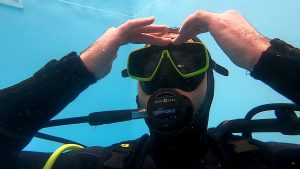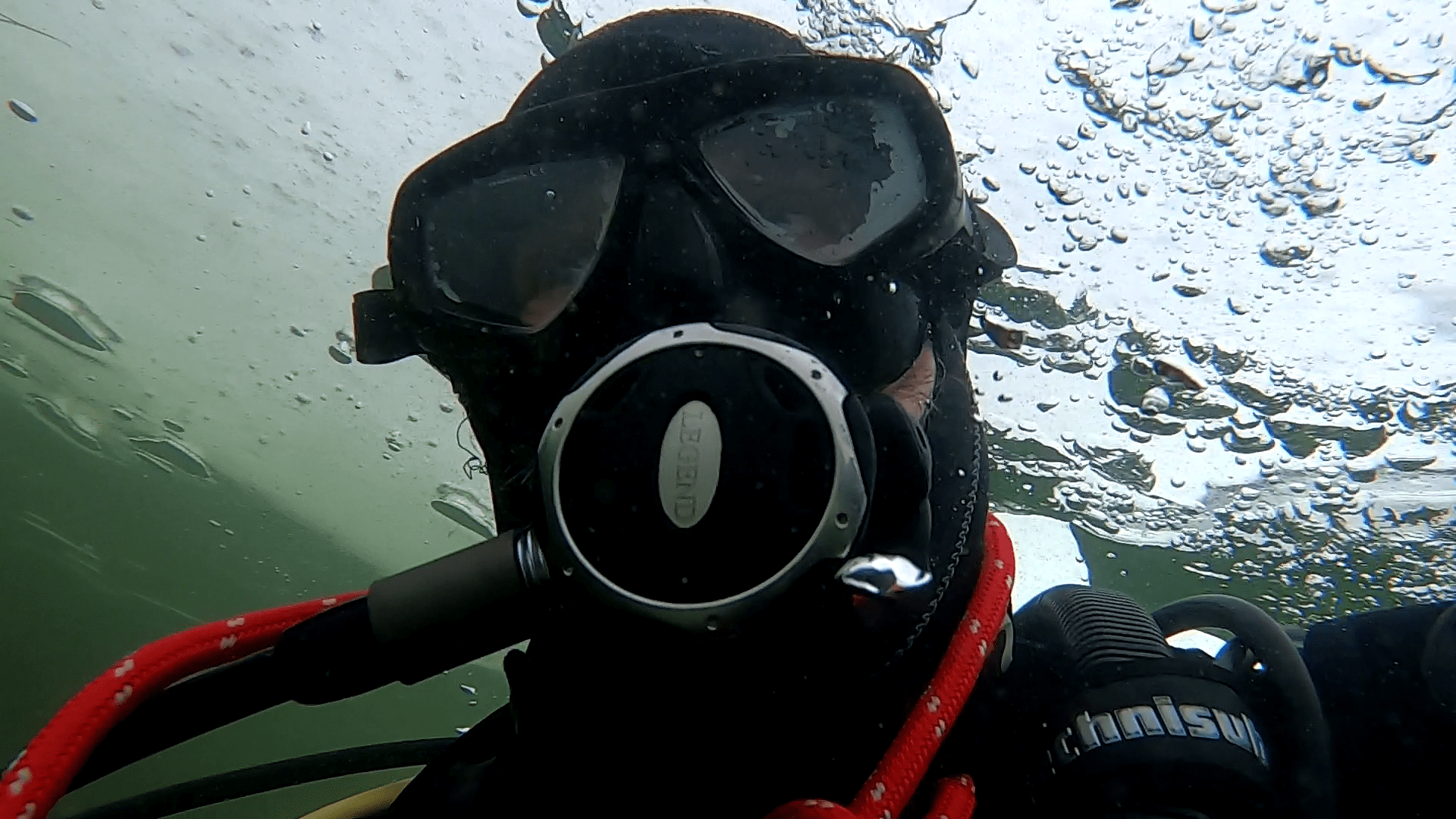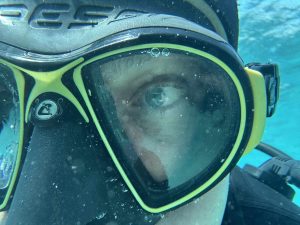Nitrogen narcosis, also known as inert gas narcosis, depth arrest, or the Martini effect, is a reversible condition that affects divers as they descend to greater depths. This is caused by increased pressure of nitrogen gas in the bloodstream, which mimics the effects of anesthetics such as nitrous oxide. It can cause a range of symptoms including impaired judgement, euphoria, hallucinations and even unconsciousness.
Table of Contents
Effects of nitrogen narcosis
The severity of nitrogen narcosis increases with depth, causing serious concern for divers venturing beyond recreational limits. At a depth of about 30 meters, some divers may experience mild symptoms such as impaired judgment and euphoria. As they descend further, these effects become more pronounced, and hallucinations and unconsciousness may occur.
Understanding risk factors
Several factors contribute to the risk of nitrogen narcosis, including:
- Depth – The deeper the dive, the greater the risk of narcosis.
- Individual factors and susceptibility– some divers are more susceptible to narcosis than others depending on factors such as age, fitness level and underlying health conditions.
- Gas mixture– the type of gas mixture used for diving can also affect the risk of narcosis. Trimix, which is a combination of oxygen, helium and nitrogen, is less narcotic than air because of the higher proportion of helium.

Avoiding nitrogen narcosis and reducing risks
Several precautions can be taken to reduce the risk of nitrogen narcosis:
- Depth limitation– The depth of recreational scuba diving is usually limited to 40 meters to reduce the risk of narcosis.
- Choose Trimix training– Divers going outside recreational limits often use trimix gas, which reduces the risk of narcosis compared to air.
- Slow descent– A slow and controlled descent allows the nitrogen to be gradually absorbed into the bloodstream, reducing the possibility of rapid intoxication.
- Monitor your health and symptoms– divers should be aware of their mental state and should ascend immediately if they experience any symptoms of nitrogen narcosis.
Frequently asked questions with diving experts
To further clarify the complications of nitrogen narcosis, let's delve into a question-and-answer session with experienced diving professionals at the "Daivings" underwater diving club:
Can I overcome nitrogen narcosis with more training?
Although training improves diving skills and knowledge, it does not eliminate the risk of narcosis. Additional training can help divers recognize the signs and symptoms of narcosis and safely ascent.
What are the signs and symptoms of severe nitrogen narcosis?
Severe narcosis can cause hallucinations, disorientation and loss of consciousness. Divers experiencing these symptoms should immediately descend to a lower depth.
What is the importance of physical training in the management of nitrogen narcosis?
Physical conditioning can help divers cope with the effects of anesthesia by improving their ability to manage stress and focus. However, even good divers are susceptible to narcosis at deeper depths.
How can I reduce the risk of narcosis during technical diving?
Technical divers undergo specialized training and use advanced equipment to manage decompression and reduce the effects of narcosis. They use trimix gas mixtures and use tight take-off and landing profiles.
Are there any ethical considerations for deep diving?
Responsible diving practices must prioritize environmental protection and minimize potential impact on the delicate underwater ecosystem. Divers must practice minimal impact diving, avoid disturbing marine life, and carefully dispose of all waste generated during the dive.
Adherence to safe and responsible diving practices
Nitrogen narcosis is an inherent risk associated with scuba diving, especially at deeper depths. By understanding the factors that affect narcosis, divers can take precautions, seek appropriate training, and make informed decisions to ensure their safety and the integrity of the underwater world.
Safe and responsible diving practices allow us to explore the depths of the ocean while preserving its beauty and delicate balance for future generations to enjoy.

Independent diving practice in the diving club DIVING
We offer practice places for divers and future diving Divemaster (GO-PRO - from beginner to PADI Divemaster). We organize diving trips, follow us >>>!
We prepare, train and certify divers though DrySuit diver, though Full Face Mask Diver courses. We offer 30 different specializations in diving training and the issuance of international PADI scuba diving certificates.
We teach individual diving training courses in Latvian, Russian and English in Riga and groups throughout Latvia (pre-registration required, tel./WhatsApp 220-77-202)


